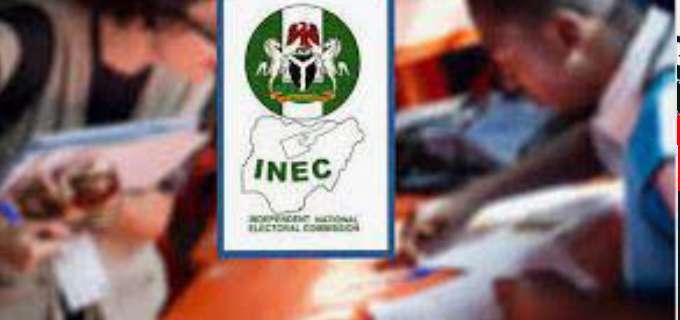Itsekiri Group Petitions INEC Over Alleged Bias in Warri Ward Delineation
The Itsekiri National Development Initiative (INDI) has submitted a formal petition to the Independent National Electoral Commission (INEC), accusing the commission of conducting a skewed and ethnically biased ward delineation exercise in the Warri Federal Constituency of Delta State.
In a strongly worded joint statement signed by INDI coordinators—Bokhan Otone (Warri South), Henry Omajugho (Warri South West), and Friday Okotie (Warri North)—the group claimed that the delineation process was manipulated to marginalize the Itsekiri ethnic group, favoring other ethnic nationalities in the area. The petition alleged that INEC officials were compromised and colluded with non-Itsekiri stakeholders who reportedly boasted about dominating the Itsekiri politically within their ancestral lands.
According to the group, INEC’s release of the proposed delineation report while an appeal on the same matter was pending at the commission demonstrated a disregard for due process and transparency. INDI described this action as a calculated move to cement an already biased agenda before affected parties could respond.
A focal point of the petition centered on the alleged arbitrary relocation of polling units from Omadino land in the Obodo/Omadino ward to the Ogunu/Ekurede Urhobo ward in Warri South Local Government Area. INDI stated that the affected polling units were moved a distance of over 20 kilometers away, a development they described as “illogical and fraudulent.”
Another major contention raised by the group was INEC’s handling of the delineation materials. INDI revealed that stakeholders were instructed not to open the documents containing the new delineation configurations until they had left the distribution venue. The group interpreted this as evidence of INEC’s awareness of the controversial nature of the exercise and the potential backlash it could provoke.
The Itsekiri group also rejected newly proposed ward names such as “Egborodoje” and “Eruogwaran Otowodo/Omoine,” claiming that they are alien to the Itsekiri people and do not exist within the known Itsekiri cultural or territorial framework. According to the petition, the introduction of these names was part of an alleged plot to rewrite historical land ownership and favor certain ethnic interests.
Further criticism was leveled at what the group described as a disproportionate increase in the number of wards allocated to other ethnic groups. INDI cited the expansion of Ijaw wards in Warri North from four to fourteen, and similar increases in Warri South West, as attempts to politically and numerically overwhelm the Itsekiri people in their own land.
As a remedy, the group demanded the immediate removal of all INEC officials involved in the Warri delineation exercise. They also recommended that any future delineation activities in the area be overseen by independent civil society organizations to ensure transparency, fairness, and ethnic neutrality.
The petition marks a significant flashpoint in the ongoing debate over electoral fairness in Nigeria’s ethnically diverse regions. It adds to the growing concerns that electoral processes, if not handled impartially, could further fuel ethnic tensions and undermine national cohesion.

